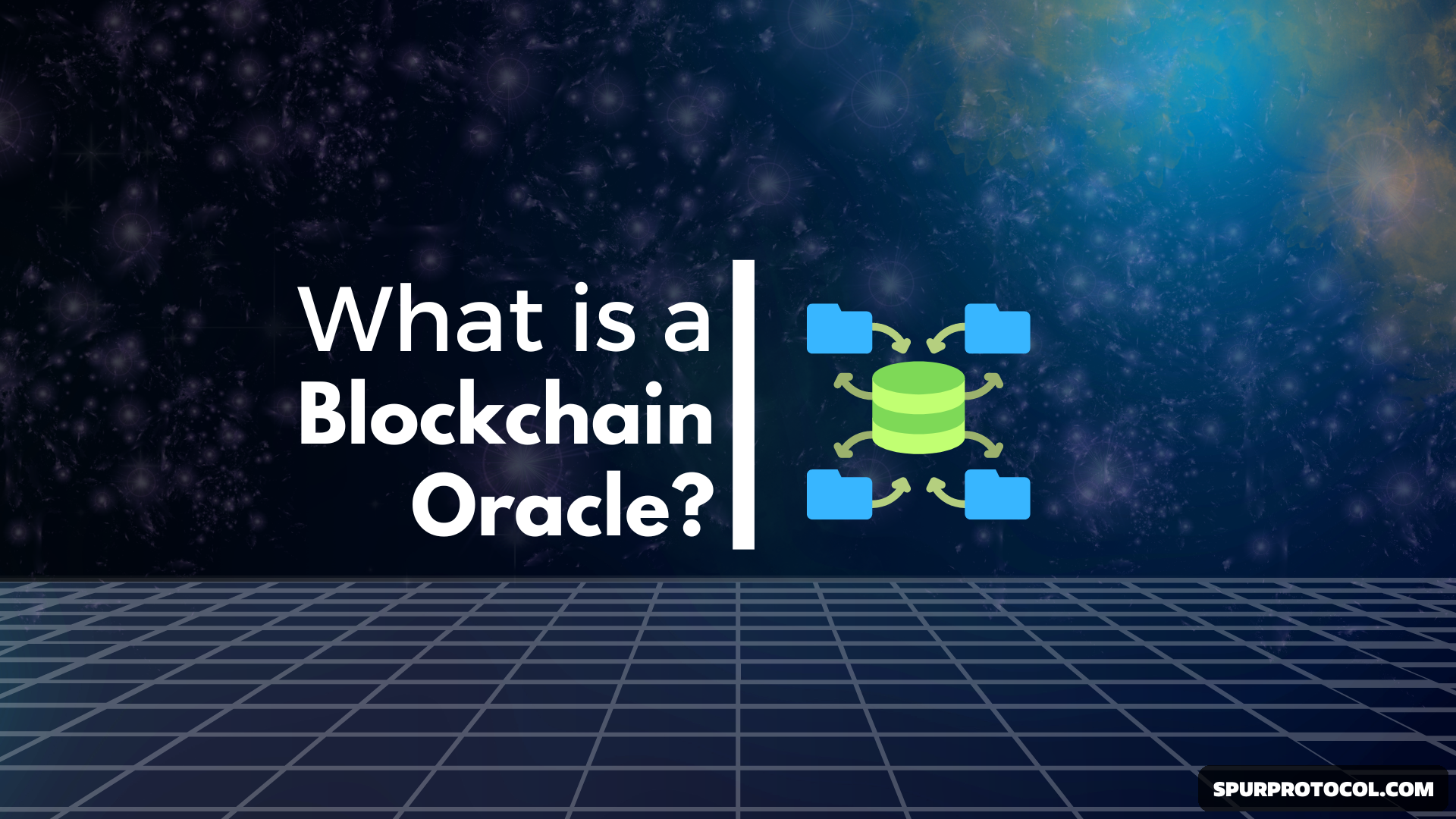What Is An Oracle Blockchain?
An Oracle is a data source or feed from a third party used for determining outcomes for smart contract.
Go Back

🕒 8:20 PM
📅 May 16, 2025
✍️ By Ecojames
What's a Blockchain Oracle?
Blockchain oracles are entities that connect blockchains to external systems, thereby enabling smart contracts to execute based upon inputs and outputs from the real world.
How oracles work
- Public blockchains and decentralized applications (dapps) rely almost exclusively on decentralized oracles.
- Oracles that depend on a single centralized data feed generally don’t pass the oracle test, as a single entity can’t also independently verify the authenticity and integrity of the data they provide.
- A decentralized oracle service uses a network of nodes to source data from a variety of off-chain oracle services, including trading platforms for price data or news terminals for event outcomes.
- The node network then compares the data sources to check their veracity and discard any outliers that may skew the data.
- Decentralized oracle networks also use crypto-based incentives to ensure that nodes are rewarded for providing clean, accurate data and penalized if they’re found to be providing unreliable data.
- The process starts when a smart contract generates a request to the oracle network for off-chain data.
- The network responds by pulling available data from sources that have established themselves as reliable and consolidating the data into a single aggregated answer to the query.
- The response is then returned to the original smart contract.
Types of Blockchain Oracles
1. Software Oracles
Software oracles are the most widely used category of oracles. They retrieve data from external software systems, such as APIs, websites, and data services.
2. Hardware Oracles
Hardware oracles use physical devices to gather real-world data. These devices could include sensors, IoT devices, or other machines that collect environmental data such as temperature, location, or humidity. Hardware oracles are particularly relevant in industries like supply chain management, logistics, and agriculture, where real-time monitoring is critical.
3. Inbound Oracles
Inbound oracles are responsible for pulling data from the external world and feeding it into a blockchain. These oracles are primarily used when smart contracts require data to trigger specific actions.
4. Outbound Oracles
Outbound oracles, in contrast, take data from the blockchain and send it to the external world. This type of oracle is used when blockchain systems need to trigger actions outside the blockchain ecosystem, such as sending notifications or triggering off-chain payments.
5. Consensus-Based Oracles
Consensus-based oracles utilize a network of independent oracles or nodes to reach a consensus on the data provided. This type of oracle reduces the reliance on a single data provider, thereby improving the accuracy and reliability of the data being fed into the blockchain.
Benefits of Blockchain Oracles
1. Insurance
Blockchain oracles can use hardware and digital sources to verify car or flight insurance claims. Thus, oracles rely on weather applications or vehicle motion sensors to provide data for an insurance claim.
2. Real estate
Assets and properties can be tokenised and tied to a smart contract. Once a counterparty provides payment and other required documents, the smart contract verifies the input information and proceeds to transfer ownership.
3. Trade Automation
Oracles can be used to track specific blockchain activity or a coin‚ price action and execute a buy or sell order accordingly.

